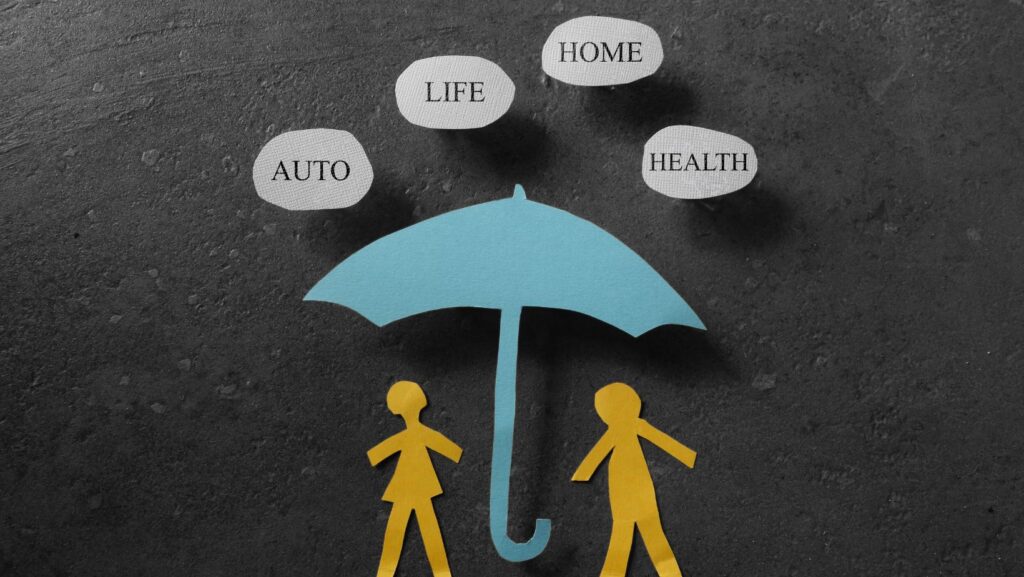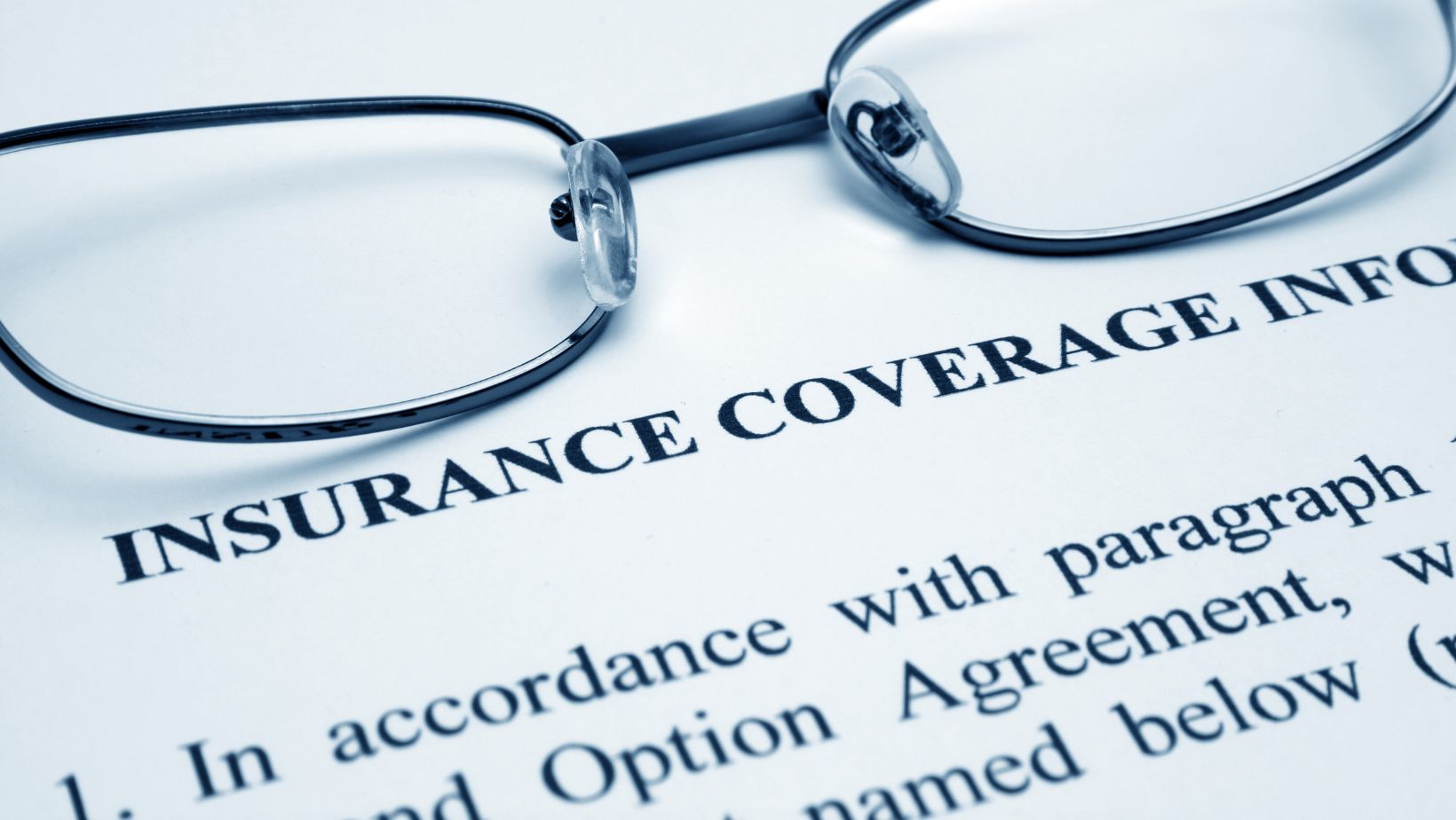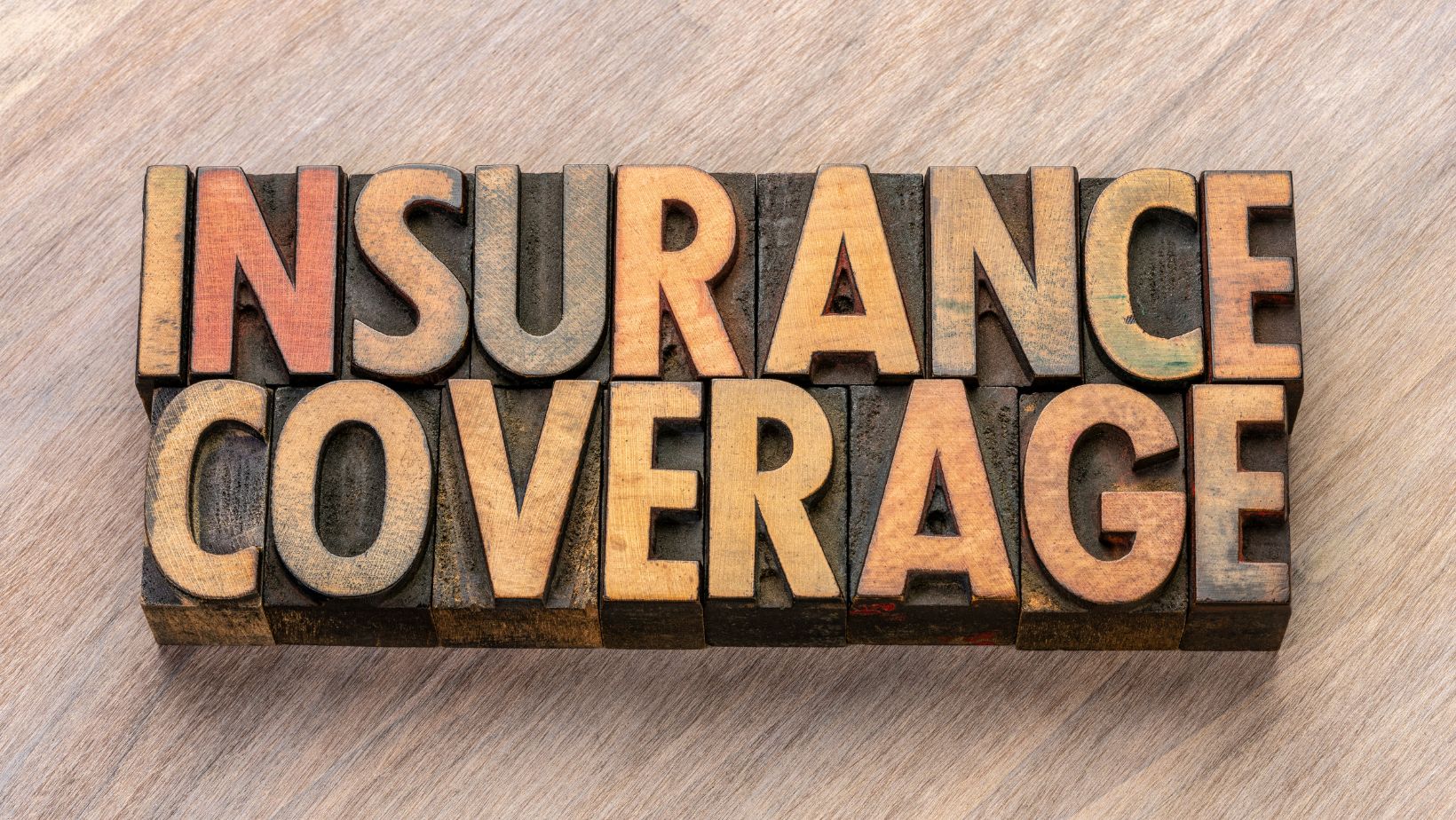
Insurance coverage is very important in DC, as it protects motorists against financial risks in the event of an accident. However, striking the perfect balance between protection and cost is quite tricky.
Some drivers simply purchase liability insurance due to its affordability. Others prefer full coverage to ensure their vehicle is well protected, regardless of who is at fault in a personal injury claim.
“Filing claims with an insurance company may seem quite straightforward, but disputes usually arise when an insurer denies or undervalues a claim. In these instances, having an attorney may be helpful,” says John Yannone from Price Benowitz LLP.
If you are stuck between these two options, this article will break down some key differences to help you find suitable coverage.
Key Differences Between Liability and Full Coverage
Liability insurance covers the damages or injuries you inflict on other drivers, their passengers, or property. Thus, it does not cater to auto repairs in an accident that was your fault.
Full coverage combines liability protection with other features like collision and comprehensive insurance. In this regard, damages due to theft, weather incidents, or collision may be covered.
However, full coverage costs more than liability because it covers more protection. Many individuals invest in this option when financing a car since lenders typically insist on a broader insurance policy until the loan is paid off.
Washington, DC’s Insurance Requirements
In Washington, DC, all drivers are required to carry minimum liability insurance. This includes coverage for bodily injury and property damage caused to others in an accident where you are at fault.
Uninsured motorist coverage is also required. It protects if you have an accident with someone uninsured or whose coverage is inadequate to pay for your damages.
These are the legal minimums, but many go beyond the minimums by purchasing higher limits for better protection against major losses. If you have inadequate coverage when a serious accident occurs, out-of-pocket costs can spiral out of control.
Factors That Impact Insurance Premiums
Premium rates in Washington, DC, can vary significantly based on many factors. Location is the most influential factor, with rates predominantly higher in urban areas due to the increased risk of accidents and vehicle theft.
Your driving record is another factor. A clean record can help reduce your premium, while past accidents and/or violations tend to increase it. Even credit scores play a determining role in pricing since insurance companies use this information to determine how risky the client is.
The vehicle type can also affect premiums. More expensive, or newer models, are quite costly to insure due to the cost of repairs and their desirability to thieves.
The Role of Personal Injury Protection (PIP) in DC Auto Insurance
While not required by law in Washington, DC, personal injury Protection is widely available and could give one several important advantages. PIP will pay medical expenses, lost wages, and even funeral expenses if you happen to get injured in an automobile accident, regardless of whether you are at fault or not.
Many drivers use PIP to avoid the cumbersome legal process of making claims through standard liability insurance. It guarantees speedier compensation, as you shall not need to prove who caused the crash.
Handling Insurance Claims: Do You Need an Attorney?
A lawyer will ensure all the paperwork is correctly filed promptly. They also negotiate with the insurer on your behalf for fair compensation in case liability is contested, or medical bills are high.
Many law firms in DC offer free consultations. Therefore, do not hesitate to contact an attorney for help, even if you are financially stricken.
Conclusion
Getting the right auto insurance in Washington, DC, does not have to be complicated. Liability might satisfy the law quite well, but full coverage and additional protection features, like PIP, give a greater circle of protection.
It’s important to identify what matters most in your driving situation, keeping the cost as low as possible or having maximum protection.












